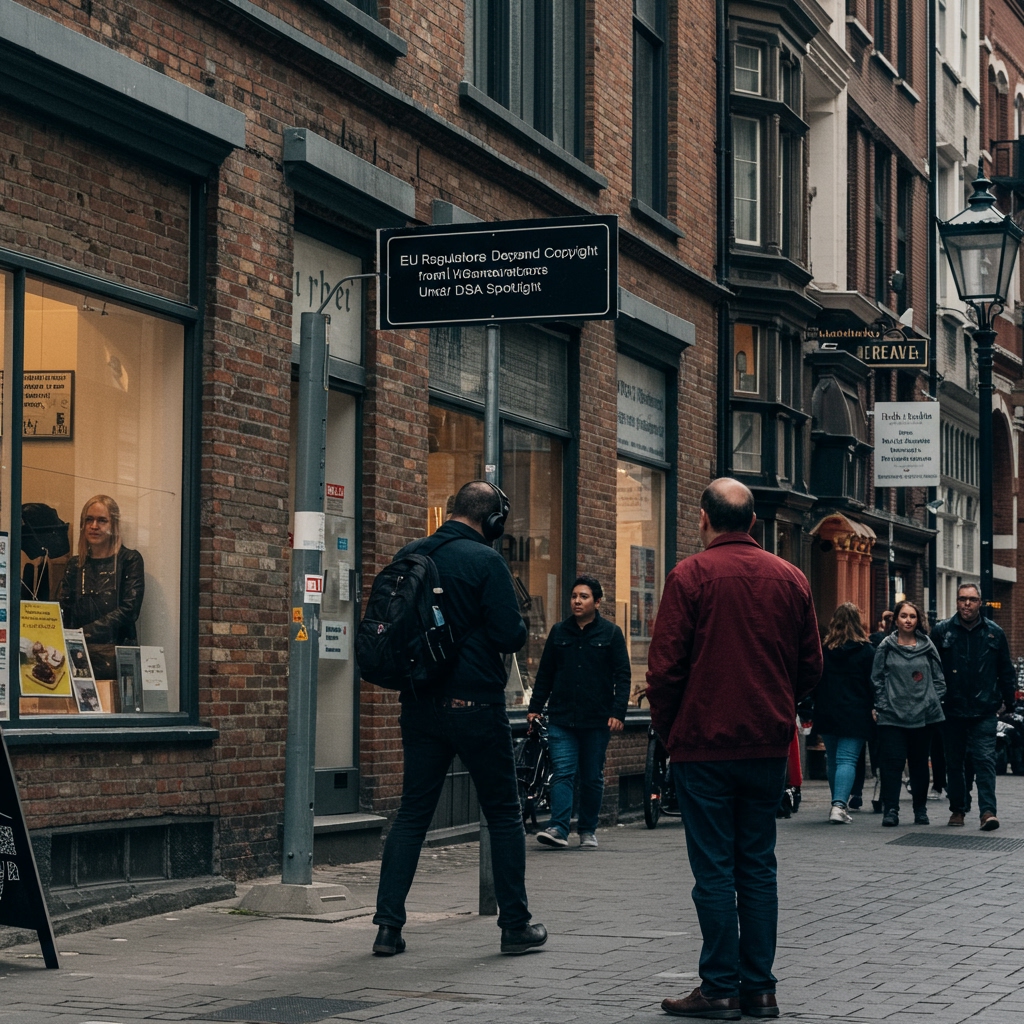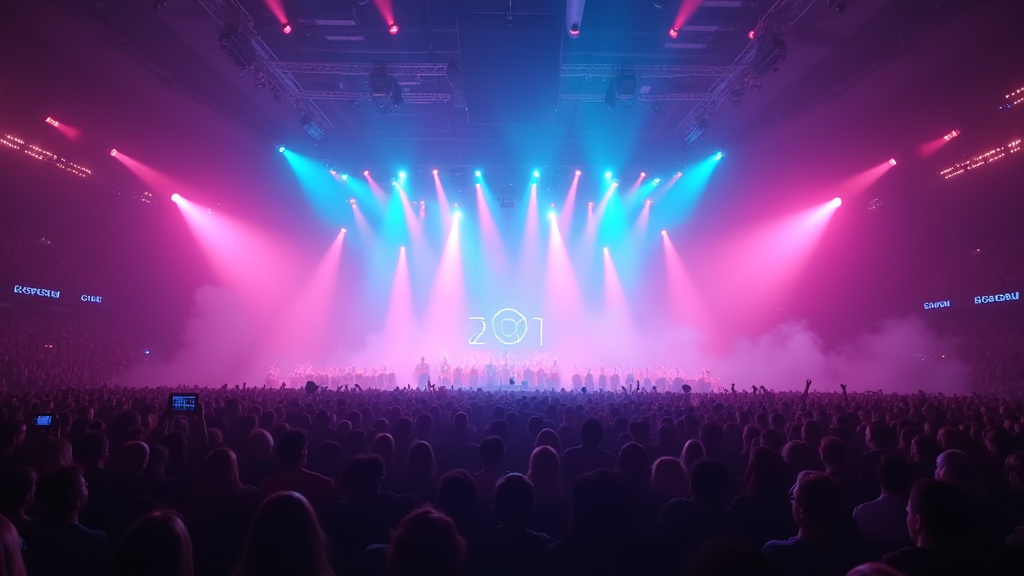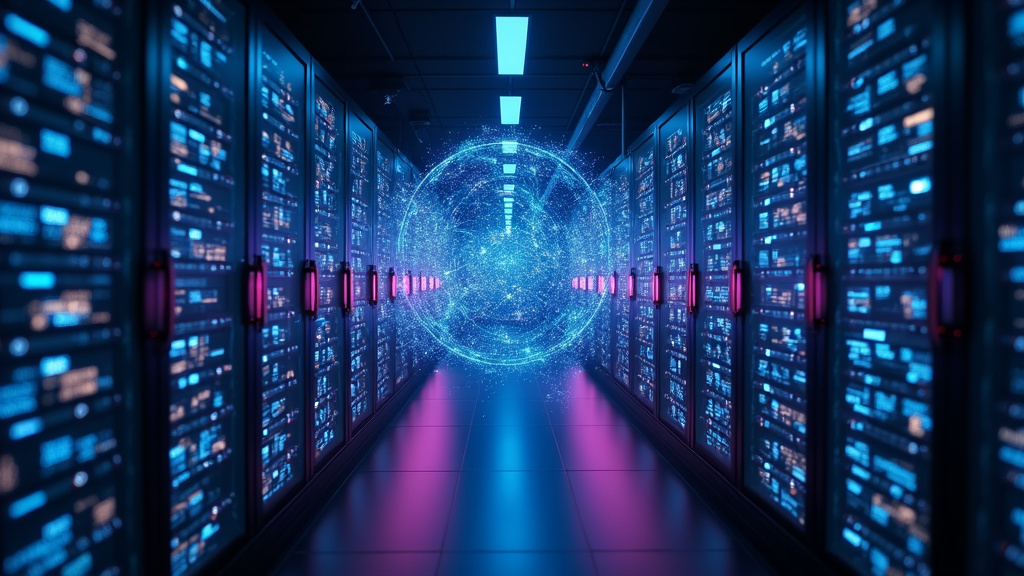EU Targets AI Music on Copyright Under DSA
European Union regulators are intensifying scrutiny on leading artificial intelligence (AI) music generation platforms, demanding greater transparency regarding the data used to train their models. This regulatory push is unfolding under the framework of the EU Digital Services Act (DSA), a landmark piece of legislation designed to create a safer digital space and protect fundamental rights online.
Major players in the burgeoning AI music sector, including prominent names like SynthSound AI and MelodyGen Corp., are reportedly among those now facing direct pressure from Brussels. The core issue centers on the potential use of copyrighted musical works within the vast datasets that power these sophisticated generative AI systems, often without explicit licenses or clear attribution.
DSA Article 28: The Regulatory Hook
The regulatory action is grounded in specific provisions of the DSA, particularly Article 28. This article imposes stringent obligations on very large online platforms (VLOPs), designated as such based on their significant user reach within the EU. While the DSA primarily addresses issues like illegal content dissemination, disinformation, and the transparency of recommender systems, regulators are interpreting its mandates, particularly concerning ‘illegal content,’ to encompass the unauthorized use of copyrighted material in AI training datasets.
Article 28 requires VLOPs to undertake comprehensive risk assessments and implement measures to mitigate systemic risks arising from their services. Furthermore, it mandates transparency requirements, including the disclosure of key parameters used in their recommender systems. Regulators are now extending this transparency principle to demand insights into the foundational training data of generative AI features offered by these platforms.
The interpretation posits that if an AI model is trained on copyrighted content without the necessary permissions, the output generated by that model, or potentially the model itself, could be deemed problematic or linked to ‘illegal content’ under the DSA’s broad scope. This places the onus on platforms to demonstrate that their training practices respect intellectual property rights.
Compliance Reports Due by March 31, 2025
In a significant step, regulatory bodies within the EU have formally requested these leading AI music platforms to submit detailed compliance reports. These reports are required to provide an in-depth account of the platforms’ efforts to identify and address the presence of copyrighted works within their training datasets. The deadline for submitting these crucial reports is March 31, 2025.
The reports are expected to outline the methodologies employed by companies like SynthSound AI and MelodyGen Corp. to audit their massive datasets. This includes detailing processes for potentially identifying copyrighted material, assessing whether its inclusion was appropriately licensed, and outlining measures taken or planned to mitigate risks, such as filtering out unlicensed works or implementing licensing solutions. The technical challenges associated with such an audit are immense, involving billions of data points and complex algorithmic analysis.
Potential Penalties and Industry Reactions
The stakes for non-compliance with these DSA requirements are substantial. Failure to submit the required reports by the deadline, or if the reports reveal inadequate efforts to address the identified risks, could result in significant penalties. The DSA empowers the European Commission and national regulators to impose fines reaching up to 6% of a company’s total annual global turnover.
Such potential financial penalties, which could amount to billions for large tech companies, underscore the seriousness with which the EU is approaching this issue. The prospect of these fines, coupled with the technical and legal complexity of auditing AI training data retrospectively, has prompted intense lobbying efforts from tech firms. These companies are reportedly raising concerns about the feasibility, cost, and potential impact on innovation that stringent data auditing and filtering requirements might entail.
Conversely, the move has been warmly welcomed by music industry bodies representing artists, songwriters, record labels, and music publishers across Europe. These organizations have long advocated for greater transparency and fair compensation for the use of creative works in AI training. They view the DSA’s application in this context as a vital step towards protecting the rights of creators and ensuring that the value generated by AI technologies is shared equitably.
The Path Forward
The March 31, 2025, deadline marks a critical point for the AI music industry in the EU. The reports submitted will likely shape future regulatory actions and could potentially lead to new industry standards or licensing frameworks specifically tailored for AI training data. The outcome of this regulatory push under the DSA is poised to significantly impact how AI music is developed, trained, and deployed, potentially setting a precedent for other generative AI modalities and jurisdictions globally. The tension between fostering technological innovation and upholding intellectual property rights remains at the forefront of this evolving digital landscape.





